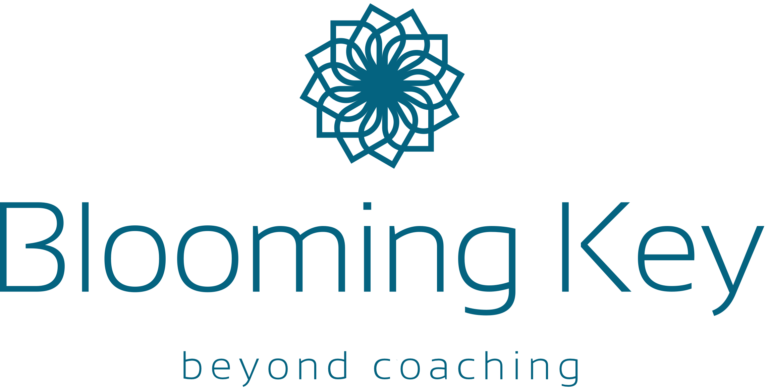Are you ignoring your body’s signals to take a break for your mental health? When we’re physically hurt, we seek help fast. With mental health, the warning signs are often quieter and easier to dismiss. Below are four clear signs that suggest it’s time to pause, reset, and protect your wellbeing.
Prefer guided support? Explore Online Coaching or learn more about Mental Fitness Coaching.
1) You struggle to focus

When your mind is overworked, attention slips. Prolonged stress doesn’t just affect productivity—it raises real health risks. Start small: set boundaries, reduce distractions, and prioritise one task at a time. Protecting your energy supports clarity and decision-making (see the APA’s guidance on boundaries: external).
2) Self-care keeps slipping

Missing meals, movement, or sleep is often an early sign of burnout. Rebuild gently: a 10-minute walk, a short breathing pause, or coffee in fresh air. For practical insight, try the Self-Care Quiz or explore NIMH’s mental health guidance.
3) Relationships start to suffer

Work stress often spills into home life. You may withdraw, cancel plans, or feel less patient with the people closest to you. Small transition rituals help—such as a short walk after work, device-free meals, or a weekly check-in with someone you trust. If anxiety is part of the picture, visit Anxiety Management.
4) You feel on edge most days

Ongoing pressure can leave you irritable, tense, and emotionally exhausted. The WHO defines burnout as a result of chronic workplace stress that hasn’t been successfully managed (external). A timely break helps reset your nervous system before stress escalates.
What to do next
- Pause and plan: Take a day—or even an afternoon—to rest, move, and reassess priorities.
- Set one boundary: Decline a non-essential task this week.
- Move your body: Even 10 minutes can improve mood and focus.
- Talk to someone: A friend, mentor, or coach. If symptoms persist beyond two weeks—such as poor sleep, low mood, or loss of interest—seek professional support (NIMH).
When you’re ready, meet your coach on About or begin Online Coaching. You’ll leave with a clear plan—and accountability to follow through.





